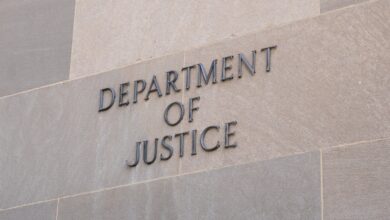Clemency Denied for Texas Man Facing Execution in Controversial ‘Shaken Baby’ Case

A clemency request has been rejected for Robert Roberson, a Texas man scheduled to be the first person executed in the U.S. for a death attributed to “shaken baby syndrome.” Roberson, 57, is set to die by lethal injection for the 2002 death of his 2-year-old daughter, Nikki Curtis, in a case that has stirred controversy due to evolving scientific views on the syndrome.
Roberson was convicted based on the widely accepted medical diagnosis at the time, which claimed that his daughter died from injuries consistent with shaken baby syndrome (SBS). However, in the years since his conviction, the science behind SBS has come under scrutiny, with many experts questioning its reliability in diagnosing child abuse. Several studies have argued that symptoms once attributed to SBS could instead be caused by other medical conditions, such as undiagnosed illnesses or accidental trauma.
Roberson’s legal team argued that the outdated science used to convict him warrants a new trial, and they submitted a clemency request on the grounds that his original conviction was flawed. Despite these appeals, the Texas Board of Pardons and Paroles denied clemency, and Roberson is scheduled for execution.
Advocates for Roberson claim that executing him without a reexamination of the evidence raises serious concerns about the justice system’s ability to correct wrongful convictions. His case has become a focal point in the ongoing debate over the validity of shaken baby syndrome as a cause of death in criminal cases.
As Roberson’s execution date approaches, the case continues to draw attention from both legal and medical communities, as well as advocates for criminal justice reform.





